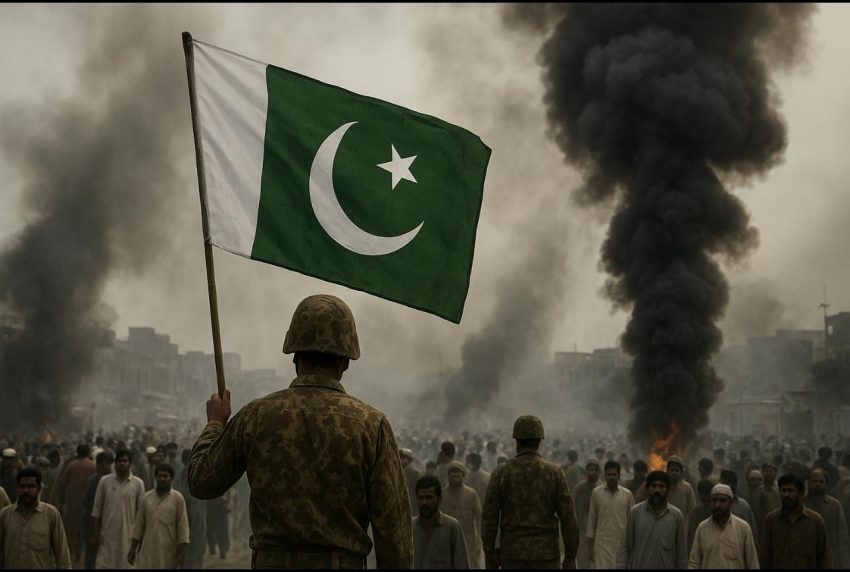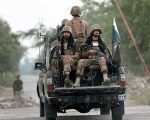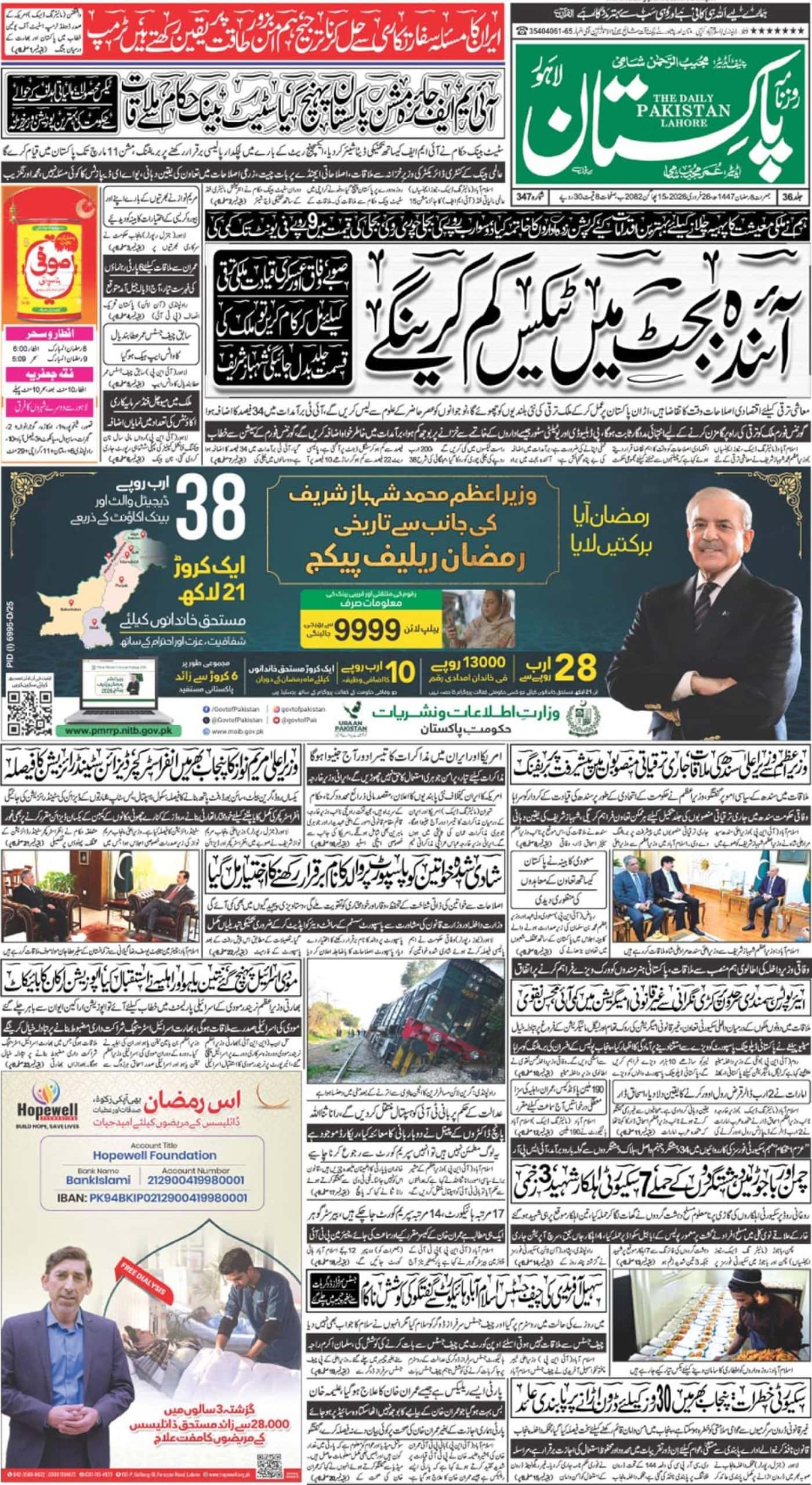Imagine a nation that has been bleeding for twenty years. A country that has buried more than 90,000 of its sons and daughters—soldiers, students, mothers, and fathers—all stolen by the ceaseless cruelty of terror. This is not a political statistic for Pakistan; it is a profound, open wound. There comes a point when a nation, pushed to the edge by grief and loss, reaches a sorrowful but firm conclusion: to secure a future for the living, it must finally confront the source of its pain. The recent military actions against terrorist havens in Afghanistan are not the thunder of an aggressor. They are the quiet, determined steps of a nation acting in self-defense, a last resort taken only after years of extending an open hand in diplomacy—a hand that was met first with denial, then with complicity, and finally, with the outright hostility of those who harbor our killers.
This is a defensive war against what is best understood in Islamic tradition as the Fitna al-Khawarij—the sedition of terrorists who misappropriate the banner of faith to wage war on fellow Muslims. The right to defend one’s life and property is a bedrock principle of Islamic jurisprudence, as underscored by a hadith in Sahih Muslim where the Prophet Muhammad (PBUH) declared that one who dies defending his property is a martyr. If this is the status for an individual, then the duty of a state entrusted with protecting millions is a sacred and undeniable obligation. For too long, this obligation has been tested by terrorists who murder innocents in flagrant violation of the Quran’s explicit warning in Surah An-Nisa against intentionally killing a believer, an act punishable by eternal hellfire.
Pakistan’s path to this difficult juncture was paved with unprecedented patience. For five years, Islamabad engaged the Afghan Taliban regime at every conceivable level, pleading for it to sever its symbiotic relationship with the terrorists waging war on Pakistan. The ledger of these efforts speaks for itself: two high-level visits by the Minister of Defence and the DG ISI, five visits by the Special Envoy and another five by the Foreign Secretary, 225 border flag meetings, 836 formal protest notes, and 13 official démarches. This was not a passive request but an exhaustive diplomatic campaign aimed at a peaceful resolution.
The response from Kabul was a dangerous mix of denial and defiance. The Afghan regime not only continued to provide sanctuary to the Fitna al-Khawarij, it escalated its complicity to direct state-sponsored aggression. When Pakistan took initial defensive actions against terrorist targets, the Afghan regime retaliated with unprovoked cross-border attacks on Pakistani soil on October 10/11 and 12/13, 2025.
The timing of this blatant hostility was no coincidence. It occurred precisely as the Afghan Foreign Minister was on a state visit to India, Pakistan’s perpetual adversary. This exposed an unholy nexus aimed squarely at destabilising Pakistan, confirming that Afghan soil was being used not only as a haven for terrorists but as a staging ground for a coordinated hybrid war.
Confronted with this undeniable evidence of collusion, the moral and religious calculus became clear. Islamic scholars like Imam Ibn Hajar al-Asqalani have long held that those who shelter or aid the Khawarij share in their crimes. The data is damning: in the 2,809 terrorist attacks in Pakistan during 2025, 126 of the slain terrorists were confirmed Afghan nationals, including eight suicide bombers. The hand of the Afghan patrons was stained with Pakistani blood.
With all diplomatic doors slammed shut by Kabul’s belligerence, Pakistan was left with no option but to invoke its right to self-defense, a right fortified by Islamic scripture. The Prophet Muhammad (PBUH) instructed his followers in another hadith from Sahih Muslim: “Wherever you find the Khawarij, kill them, for there is a reward for their killer on the Day of Resurrection.” This is not a license for vigilantism, but a state’s obligation to eliminate a seditious armed rebellion that threatens its existence. Pakistan’s action against the triangle of the Fitna al-Khawarij, their Afghan patrons, and their Indian backers is a regrettable but just and necessary measure for its national survival.














